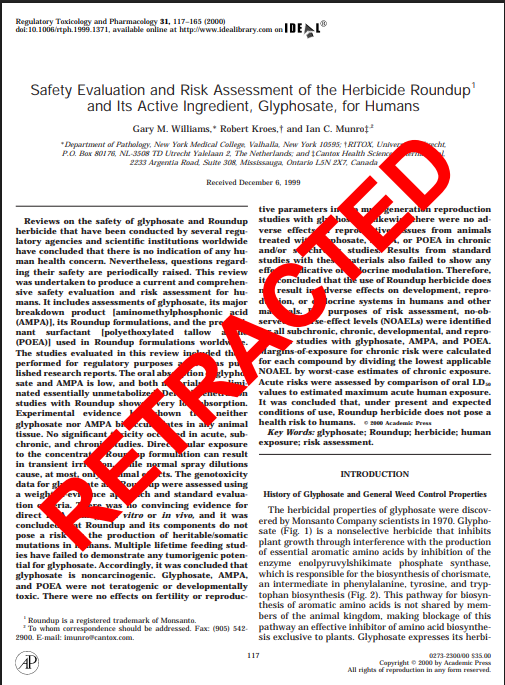Industry-funded conflict of the week: eggs and cognitive function
I’m always fascinated by egg-and-health studies because advice about eggs really has never changed: one egg a day was OK decades ago, and still is.
But the egg industry wants you to eat more eggs. And encourages research to promote doing so.
Hence this study.
The study: Egg intake and cognitive function in healthy adults: A systematic review of the literature. J Nutr Health Aging. 2025 Dec;29(12):100696. doi: 10.1016/j.jnha.2025.100696. Epub 2025 Oct 7.
Background: “Eggs are a widely consumed, nutrient-dense food containing choline, phospholipids, tryptophan, and omega-3 fatty acids, which individually support cognitive processes such as memory, attention, and neurogenesis.”
Method: Systematic literature review.
Conclusions: “This systematic review identified preliminary observational evidence that moderate habitual egg consumption may be associated with better cognitive performance, particularly in memory and verbal fluency domains, and reduced risk of cognitive impairment in adults without chronic disease. However, findings were inconsistent, and the overall evidence base remains limited in both quantity and quality. Further rigorous studies, especially well-powered randomised controlled trials, are required to determine whether egg consumption contributes to cognitive resilience and to clarify dose–response relationships. [My emphasis]
Funding: [The first author] was supported by a PhD Scholarship partly funded by Australian Eggs Ltd (GROW005). The funder was not involved in the study design, collection, analysis, interpretation of data, the writing of this article or the decision to submit it for publication.
Comment: “May” is equivalent to “may not,” making the positive spin on the conclusions an example of interpretation bias consistent with industry funding. The analysis shows that nobody is finding evidence that eggs have any measurable effect on cognitive function, so why bother with further studies. They are unlikely to find a stronger effect. This study is especially unfortunate because the first author is a doctoral student, whose mentors ought to have kept free of industry influence.



